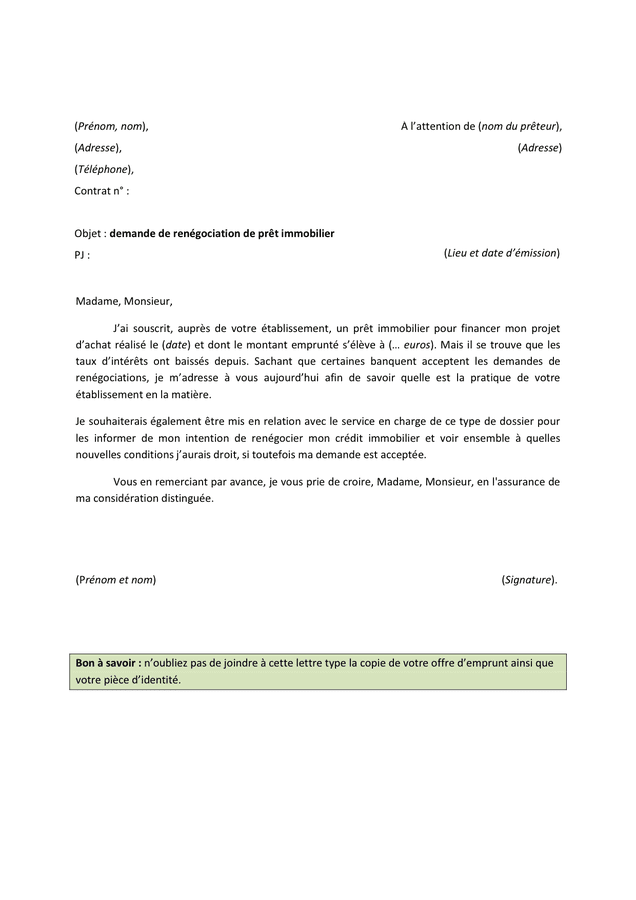A mortgage mortgage is a type of mortgage secured by real estate, usually used to finance the purchase of a house or property. In Canada, mortgage loans play a major function in the real property market, permitting people and families to turn out to be householders by spreading the price of a property over several years. This article explores the fundamentals of mortgage loans in Canada, including kinds of mortgages, eligibility standards, and key considerations for debtors.
What is a Mortgage Loan?
A mortgage loan is a long-term mortgage secured by the property being purchased, where the property itself serves as collateral for the loan. The borrower (mortgagor) receives funds from a lender (mortgagee) to buy a home or property, and in return, the lender holds a authorized claim on the property until the loan is fully repaid.
Types of Mortgage Loans in Canada
1. Conventional Mortgage: Requires a down cost of a minimum of 20% of the property's buy price. Borrowers with a down fee of lower than 20% should get hold of mortgage loan insurance via the Canada Mortgage and Housing Corporation (CMHC) or
Comment demander un prêt : 7 étapes pour augmenter vos chances other mortgage insurers.2. High-Ratio Mortgage: Suitable for debtors who have a down payment of less than 20% of the property's buy worth. This type of mortgage requires mortgage mortgage insurance coverage to guard the lender towards default.
3. Fixed-Rate Mortgage: Offers a set rate of interest and consistent mortgage funds throughout the term of the loan, providing stability and predictability for borrowers.
four. Variable-Rate Mortgage: Features an interest rate that fluctuates primarily based on adjustments in the prime lending fee, impacting month-to-month mortgage funds.
5. Open vs. Closed Mortgage: Open mortgages enable debtors to make extra payments or pay off the mortgage with out penalties, while closed mortgages have restrictions on prepayment.
Eligibility Criteria for Mortgage Loans
To qualify for a mortgage mortgage in Canada, debtors sometimes need to satisfy the next standards:
- Stable Income: Lenders assess the borrower's income stability and employment historical past to make sure the ability to repay the mortgage.
- Credit History:
Comment demander un prêt : 7 étapes pour augmenter vos chances A good credit score rating demonstrates responsible credit management and increases eligibility for mortgage loans.
- Down Payment: Borrowers must have a minimal down payment (usually 5% to 20% of the property's buy price) to qualify for a mortgage loan.
- Debt-to-Income Ratio: Lenders evaluate the borrower's debt-to-income ratio to evaluate affordability and reimbursement capacity.
Key Considerations for Borrowers
- Interest Rates: Compare interest rates supplied by totally different lenders to safe essentially the most competitive price on your mortgage loan.
- Loan Term: Choose an acceptable mortgage term (e.g., 15 years, 25 years) primarily based in your financial targets and compensation capacity.
- Closing Costs: Budget for additional costs related to closing the mortgage loan, such as authorized charges, appraisal charges, and land switch taxes.
- Mortgage Insurance: Understand the necessities and costs related to mortgage mortgage insurance if you have a high-ratio mortgage.
Conclusion

Mortgage loans in Canada present a pathway for individuals and families to attain homeownership by spreading the price of a property over time. By understanding the kinds of mortgages out there, eligibility standards, and key concerns for debtors, you could make informed choices when navigating the method of obtaining a mortgage mortgage.







 Mortgage loans in Canada present a pathway for individuals and families to attain homeownership by spreading the price of a property over time. By understanding the kinds of mortgages out there, eligibility standards, and key concerns for debtors, you could make informed choices when navigating the method of obtaining a mortgage mortgage.
Mortgage loans in Canada present a pathway for individuals and families to attain homeownership by spreading the price of a property over time. By understanding the kinds of mortgages out there, eligibility standards, and key concerns for debtors, you could make informed choices when navigating the method of obtaining a mortgage mortgage.




